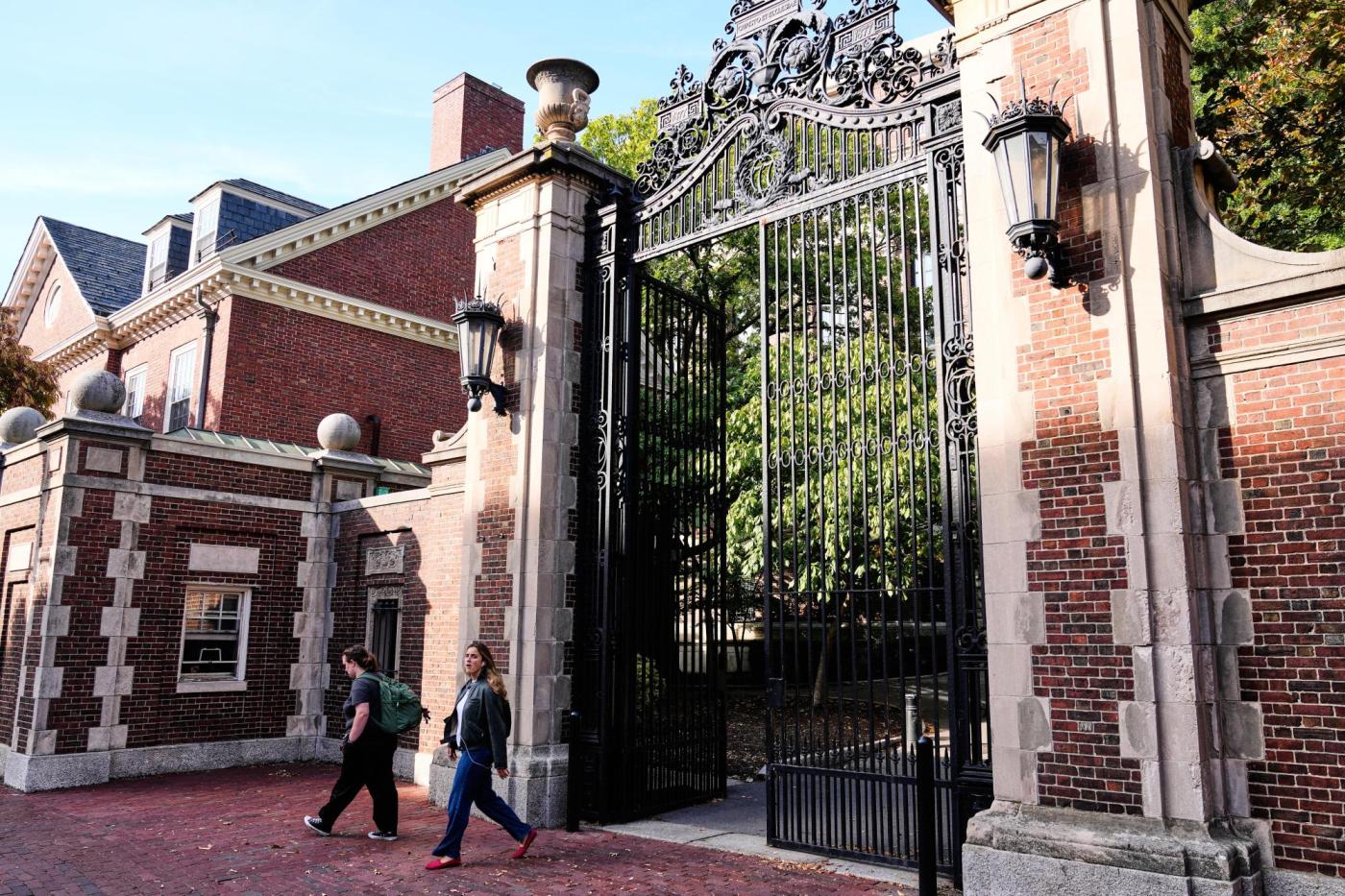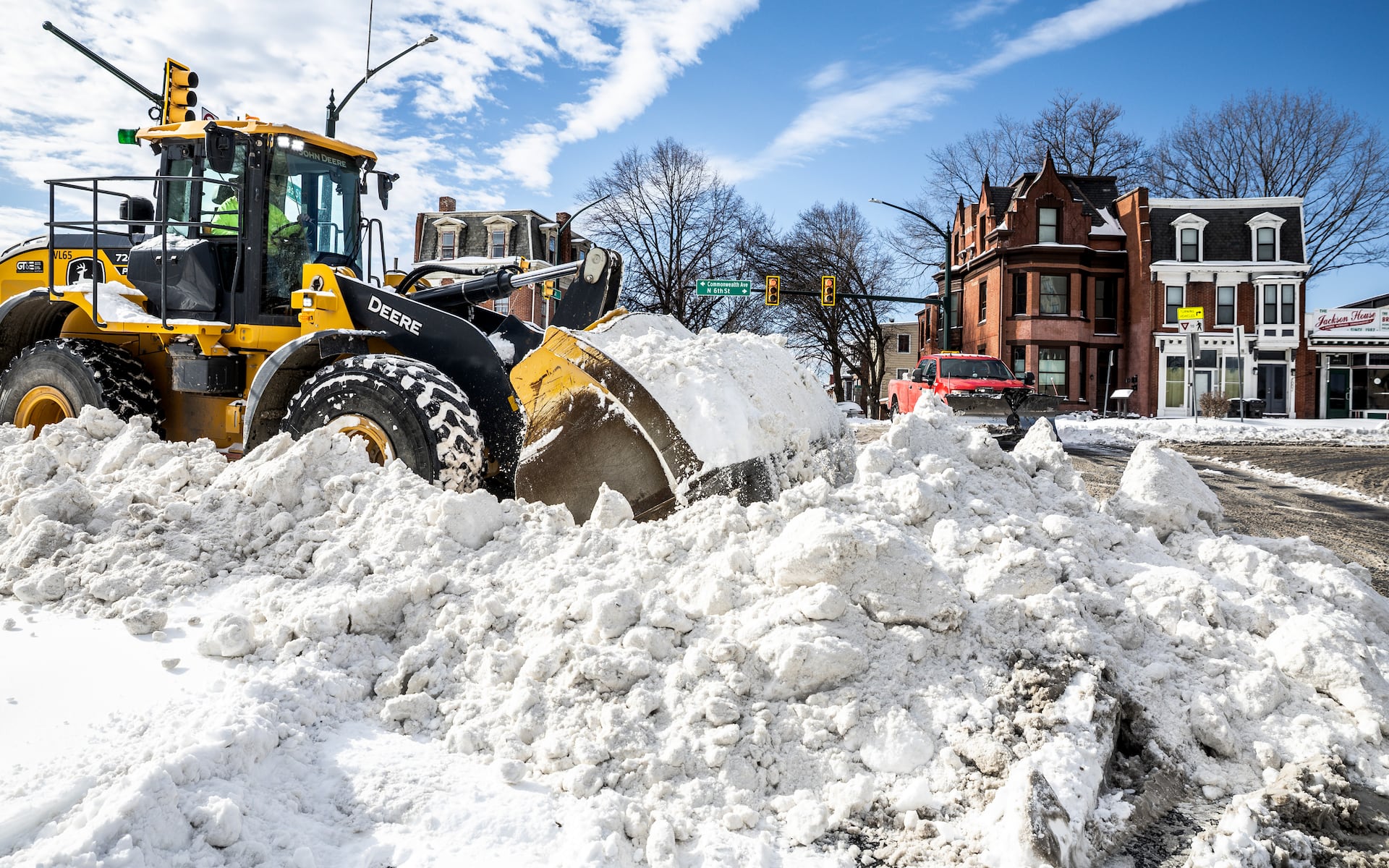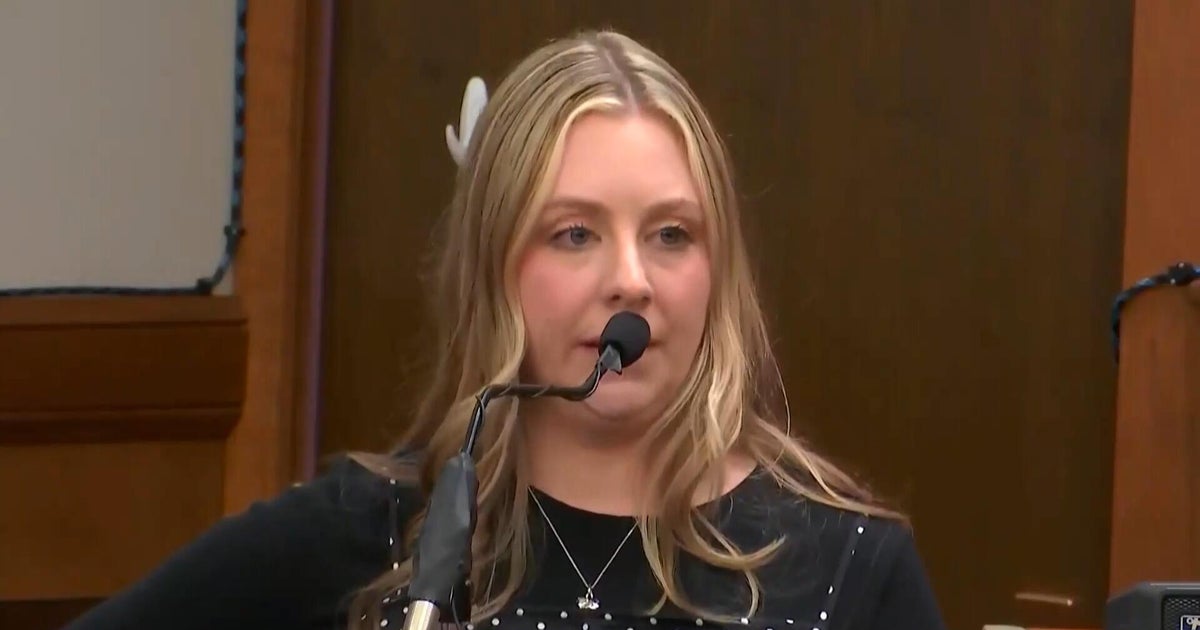“My Kid’s Getting A’s at Harvard” Isn’t Much of a Flex Anymore
A recent report from Harvard University, the erstwhile Ivy League institution, has revealed that roughly 60% of grades given to undergraduates were A’s—a significant increase from 40% a decade ago and less than a quarter 20 years ago. This surge in grade inflation highlights a troubling trend that goes beyond Harvard alone.
“Current practices are not only failing to perform the key functions of grading; they are also damaging the academic culture of the college more generally,” said Amanda Claybaugh, Dean of Undergraduate Education and author of the report.
## Grade Inflation: A Widespread Issue
Grade inflation isn’t restricted to Harvard. Reports in recent years have cited similar practices at other Ivy League schools. Where once a diploma from Harvard or Yale signified a bright job candidate shaped by academic rigor, it now often points to lenient professors and a culture prone to complaints and grade chasing.
According to the report, Harvard students frequently challenge professors and push for higher marks. This “participation trophy” approach to higher education arguably mirrors the gentle parenting trend seen in recent years—it’s all about emotional validation and offering options rather than holding to strict standards.
## Causes of Rising A’s
Among the reasons for the spike in A grades cited by Claybaugh’s report:
– Faculty fears of appearing too harsh compared to colleagues
– Concerns that stricter grading could drive students away from certain courses.
Isn’t college supposed to prepare students for the real world and equip them with the knowledge and skills to produce results? Unfortunately, this ideal seems increasingly at odds with current practices.
Administrators have reportedly advised professors to take into account students struggling with “imposter syndrome” or personal hardships when evaluating performance. This perspective treats hardships more as shields than challenges to overcome, a stark departure from older values where overcoming adversity illustrated maturity and strong character.
## Impact on Curriculum and Faculty
Some instructors, particularly in the humanities, have told Claybaugh that they’ve been forced to shorten reading lists and assign lighter material in response to student complaints. After all, these students are the workforce of tomorrow.
A startling revelation from the report is that many teachers blame Harvard’s course evaluation system, which ties student satisfaction to grading generosity. Poor evaluations can jeopardize promotions and hiring prospects, creating a dynamic where professors may feel pressured to award higher grades in exchange for favorable feedback.
This dynamic also sheds light on the indignation of graduates carrying significant college debt who have demanded loan forgiveness. Responsibility seems increasingly viewed as burdensome rather than integral to personal and academic growth.
## The Decline of the Ivory Tower
The prestige of elite universities is fading rapidly. Campuses nationwide have become hotbeds of antisemitism, grade inflation continues unabated, and exorbitant tuition fees fund outlandish administrative salaries rather than academic excellence.
Reports like Harvard’s should spark serious conversations between high school students and their parents. After all, forking over $90,000 for easy A’s and lighter coursework does not build a solid foundation for a successful future.
Isn’t it time we reconsider what true academic achievement—and real preparation for life—should be about?
https://www.bostonherald.com/2025/10/29/editorial-harvard-inflates-grades-deflates-reputation/



